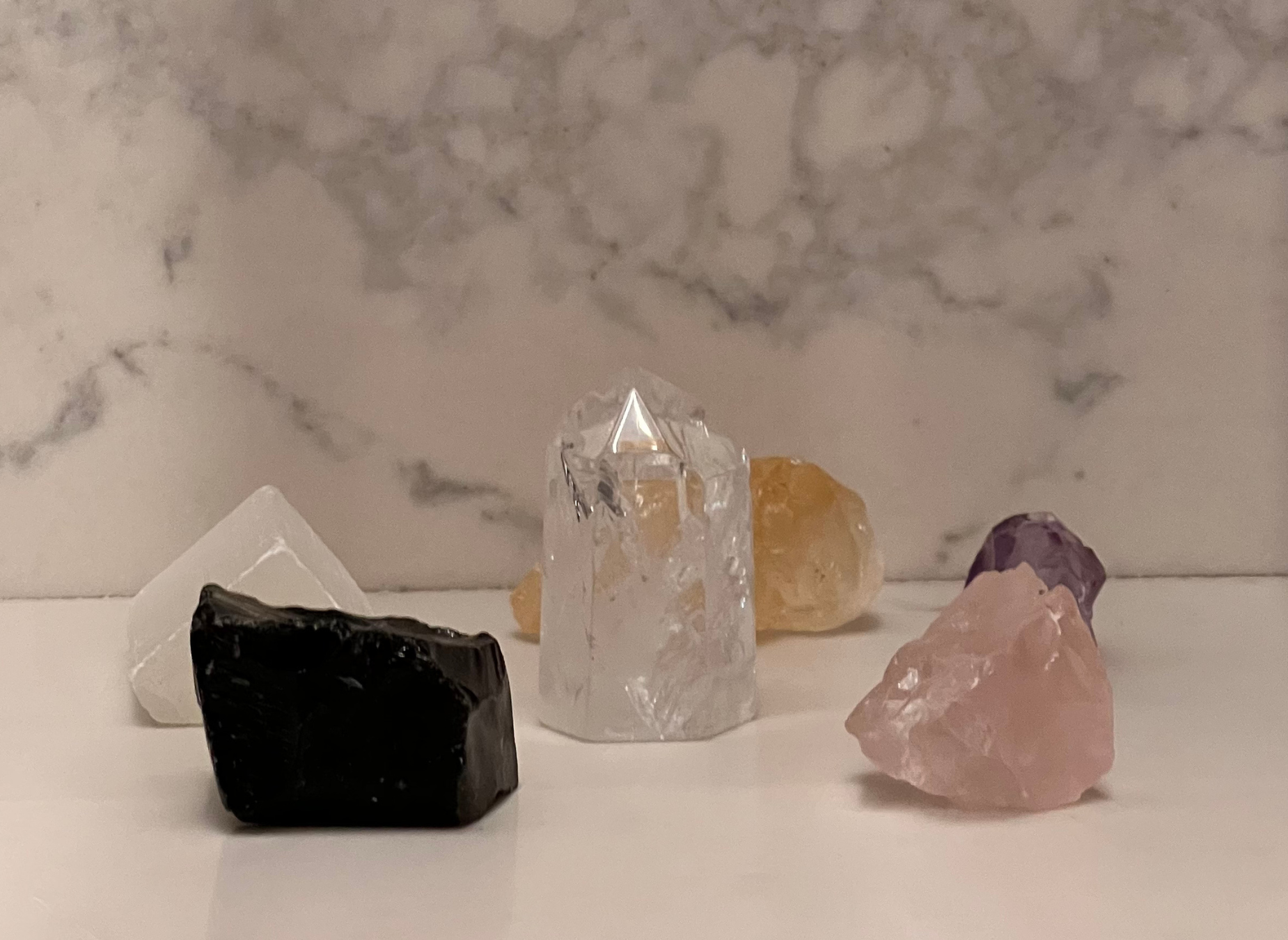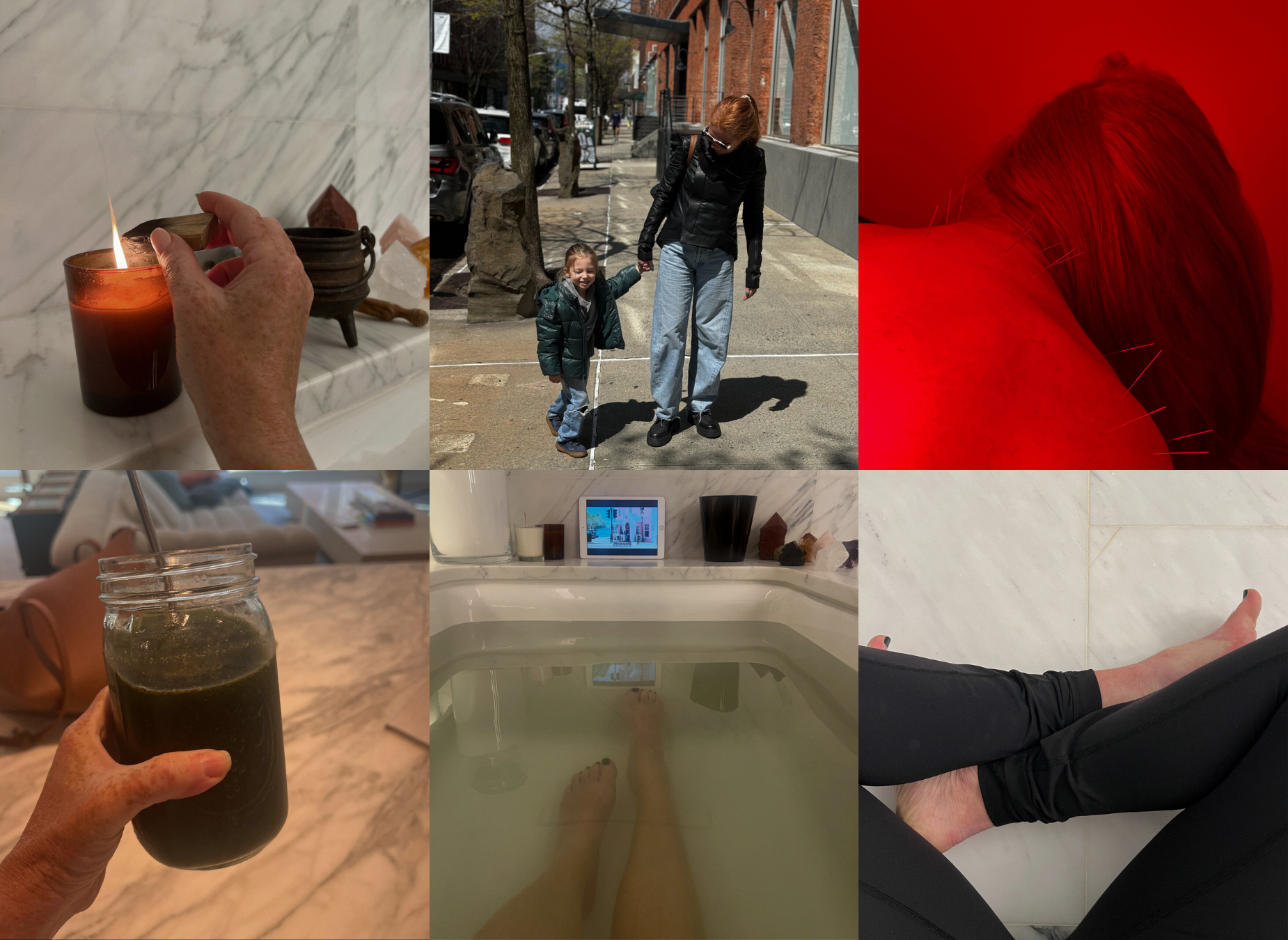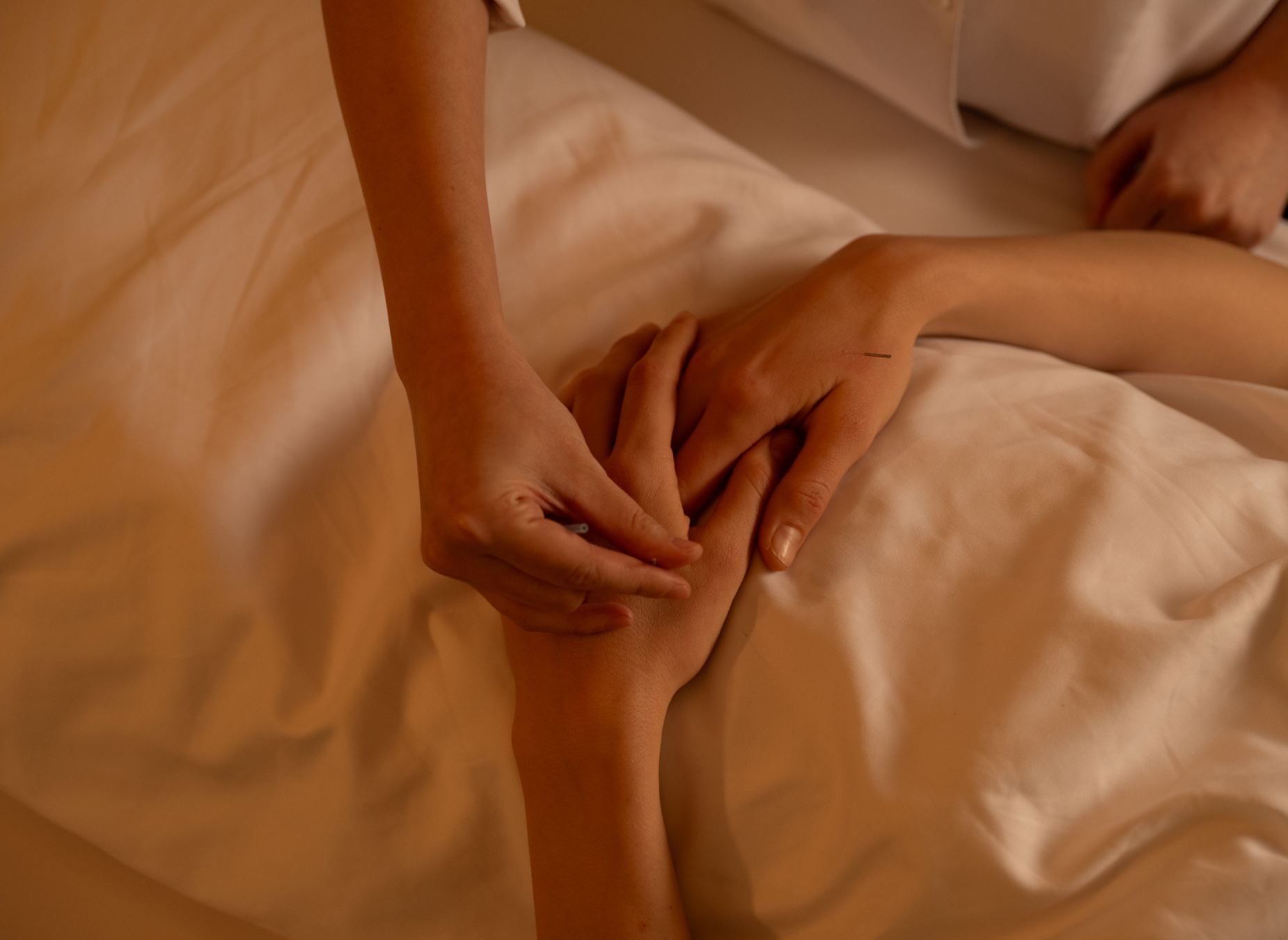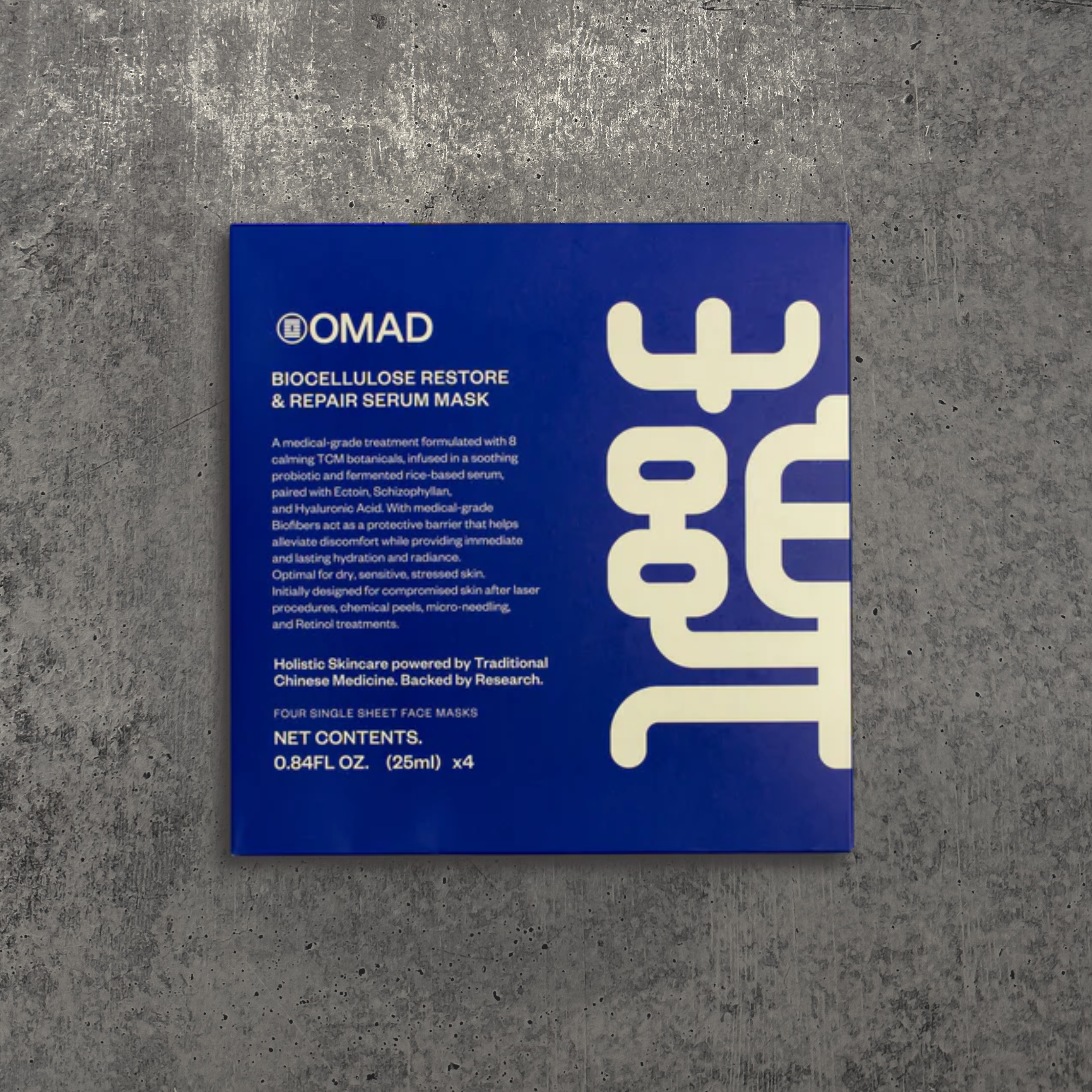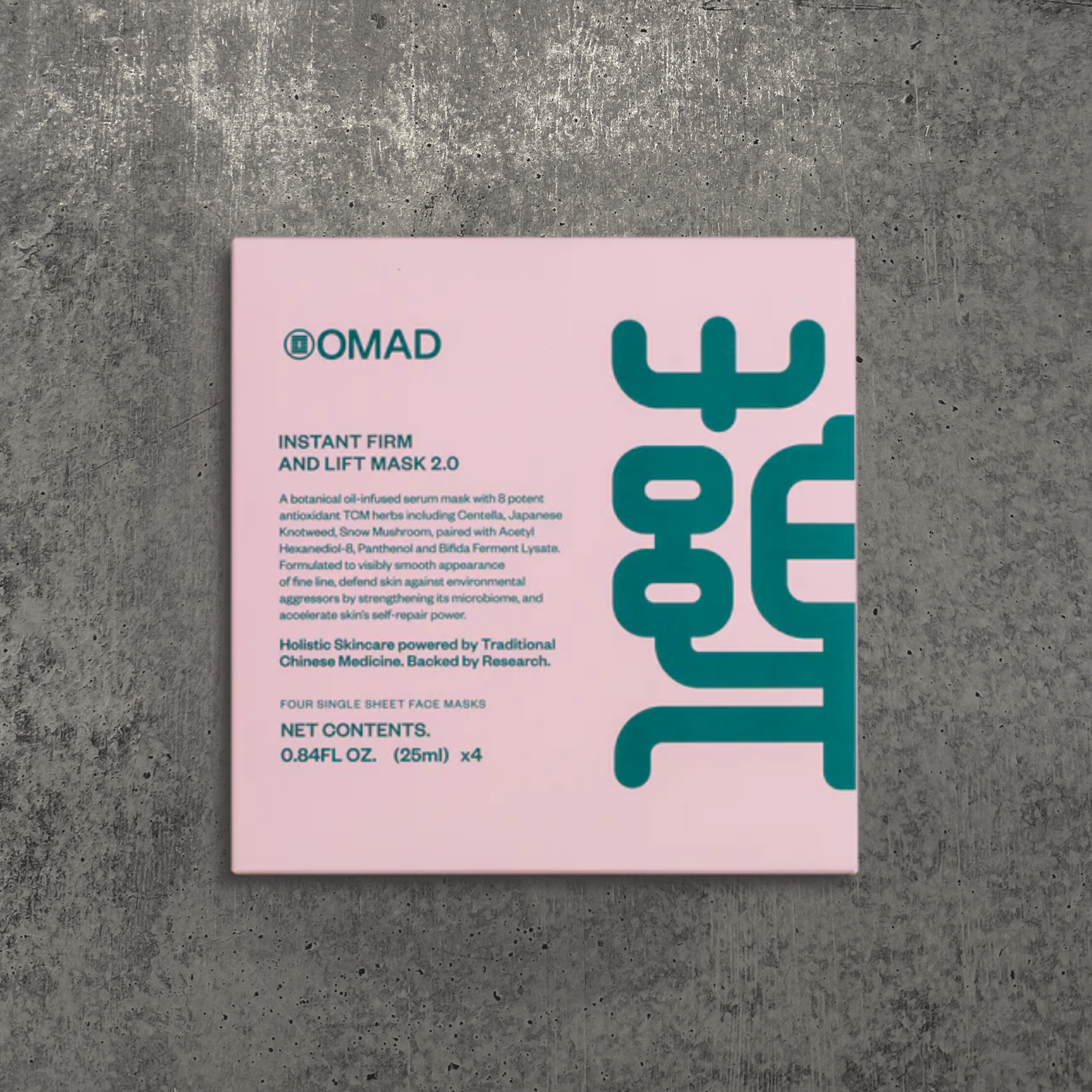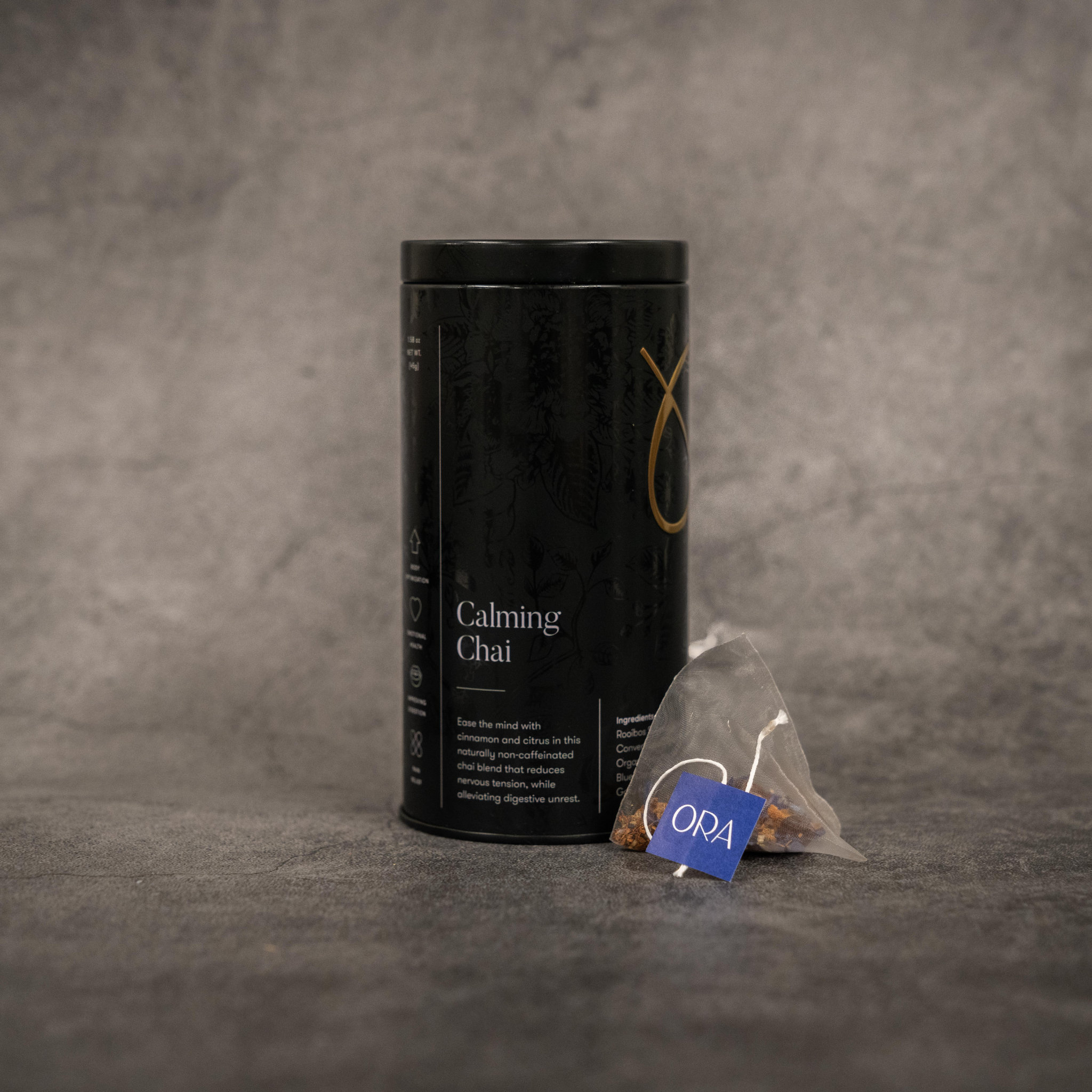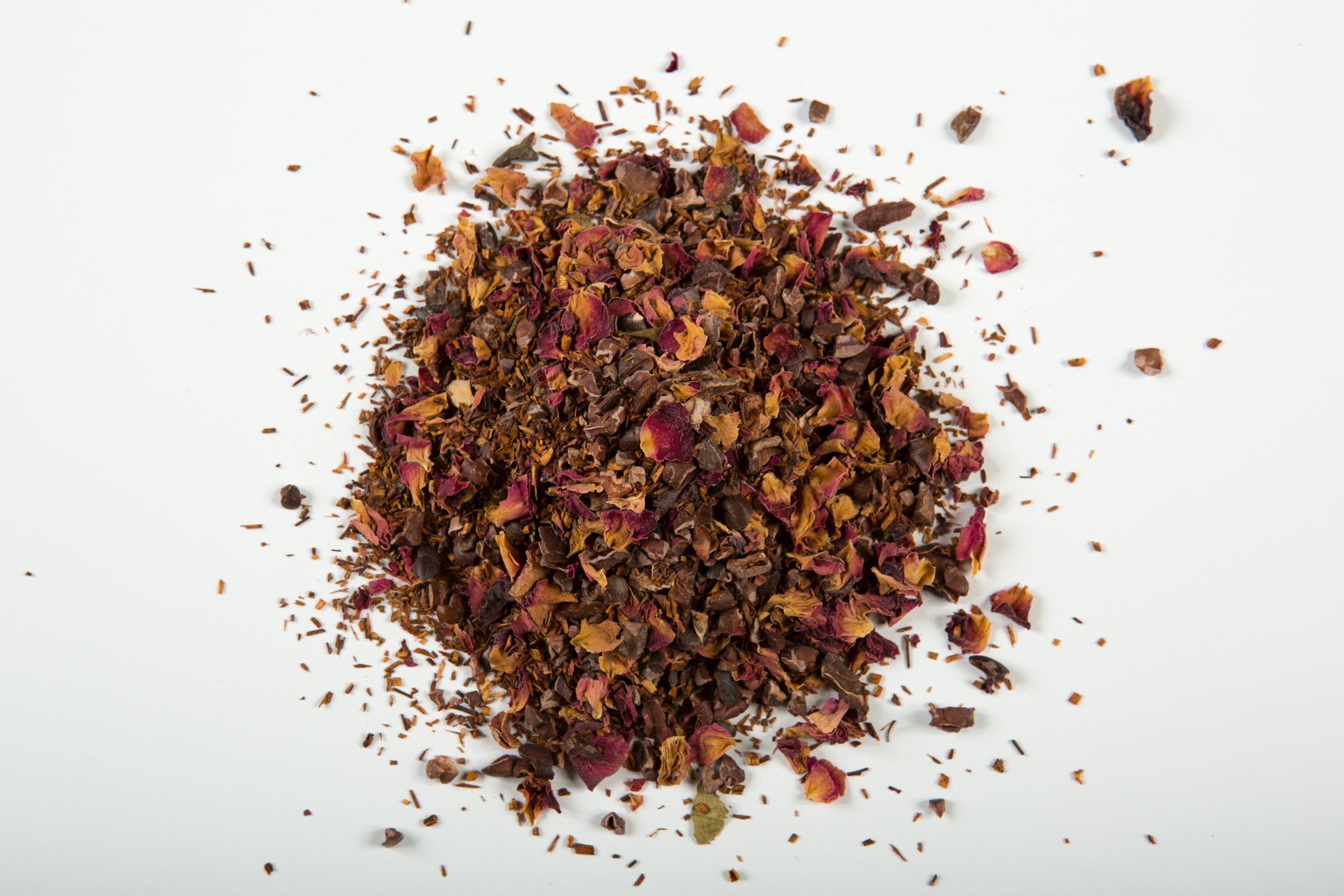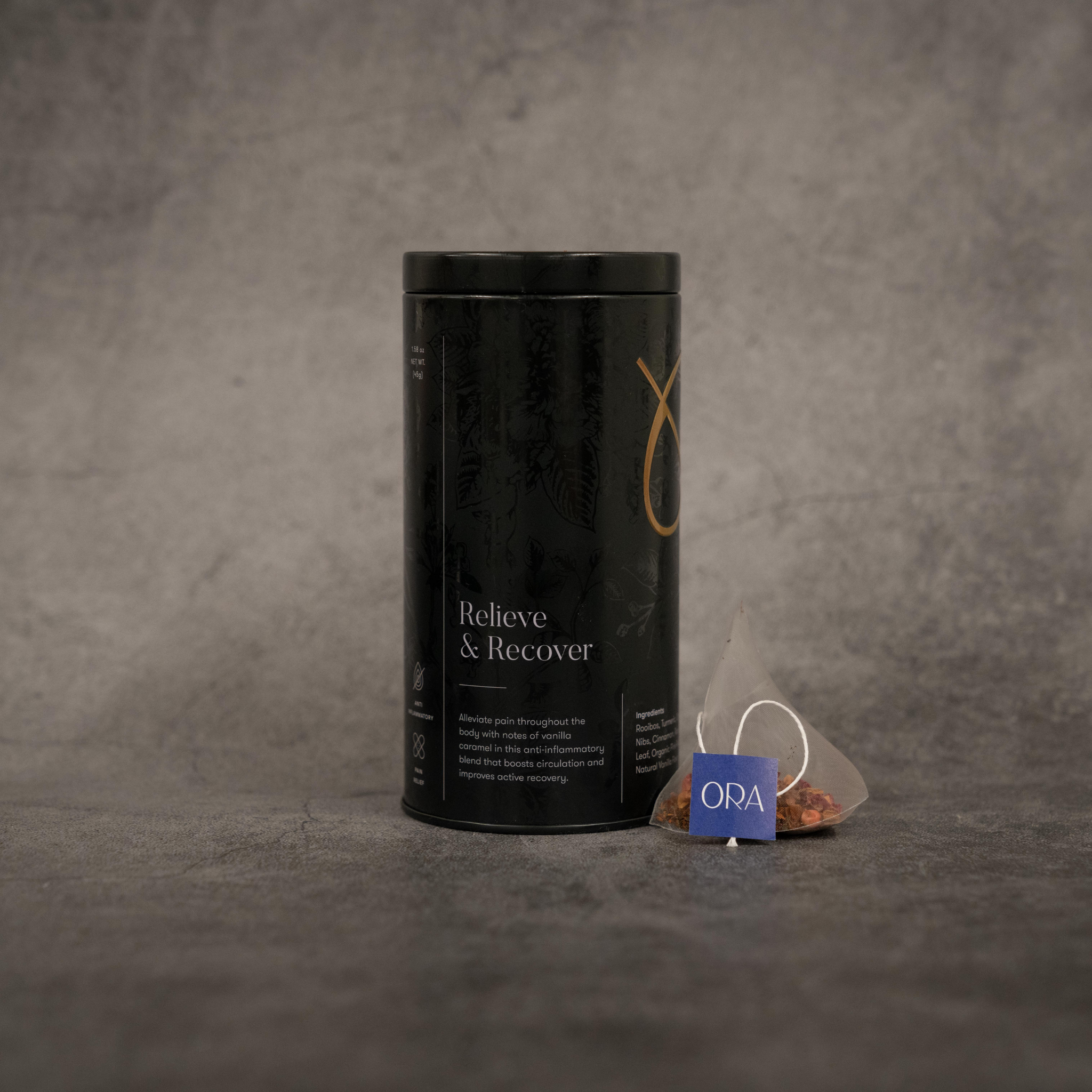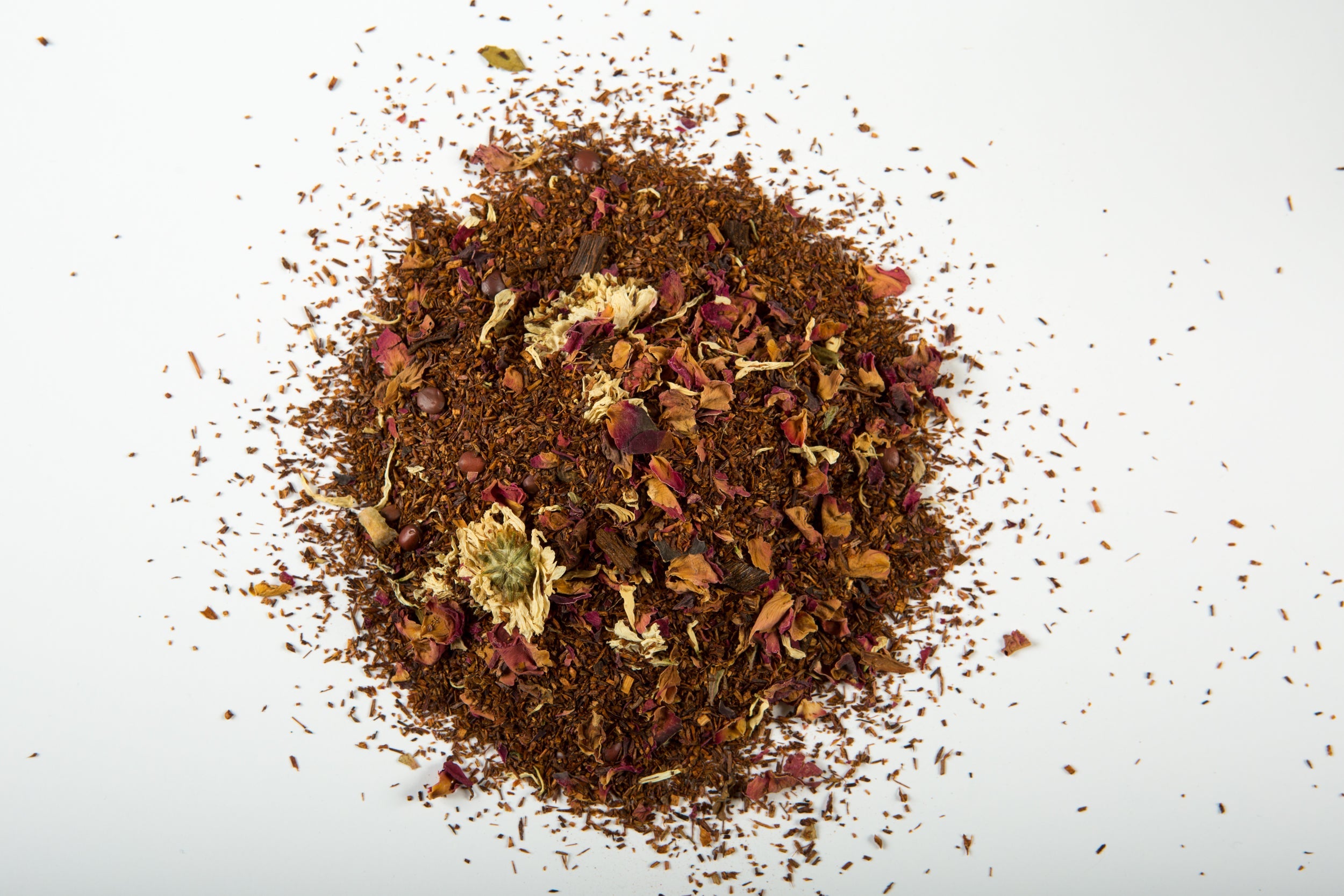Most of us have been there, a long night of tossing and turning, or falling asleep only to jolt awake around 2 AM, 3 AM, or 4 AM. You might already know some common sleep disruptors like too much caffeine, late-night stress, or eating and working out too close to bedtime. But did you know that your body has a natural rhythm that also plays a big part in your sleep quality? Your circadian rhythm, or internal clock, is a 24-hour cycle that regulates when you feel awake and when you feel tired. Disruptions to this rhythm can lead to restless nights, and it’s often affected by factors like light exposure, sleep patterns, and lifestyle habits.
But there’s even more to sleep than just the circadian rhythm. According to Traditional Chinese Medicine (TCM), sleep is closely tied to specific organ functions that align with different times of the night. Understanding how these hours connect to different organs in the body can help regulate your sleep, ensuring you get the restful nights you deserve while boosting long-term health.
Understanding What Affects Sleep, the TCM Clock, and the Circadian Rhythm
Sleep is regulated by a complex system of internal rhythms that influence when you feel awake and when you feel tired. Two key frameworks help us understand this:
The Circadian Rhythm – Your body’s natural 24-hour cycle, influenced by light exposure, temperature, and daily habits. Disruptions like blue light from screens, late-night eating, and inconsistent sleep schedules can throw this rhythm off, leading to restless nights.
The Traditional Chinese Medicine (TCM) Clock – In TCM, different organs are most active at specific times of the night. Waking up at a certain hour could indicate an imbalance in that organ system, providing insight into why you’re struggling with sleep.

Factors that can disrupt both these systems include:
-
Blue light exposure at night – Suppresses melatonin, making it harder to fall asleep.
-
Inconsistent sleep schedules – Confuses your internal clock, leading to restless sleep.
-
Late-night eating, caffeine, or alcohol – Can stimulate digestion or stress the liver, keeping your body alert.
-
Emotional stress and overthinking – Activates the nervous system, preventing deep rest.
By aligning your sleep habits with both circadian science and the TCM clock, you can create a routine that supports deeper, more restorative sleep.
Bridging the Circadian Rhythm to the TCM Clock
While the circadian rhythm is your body’s natural 24-hour sleep cycle, the TCM clock offers a more personalized approach to understanding your body’s rhythms. In Traditional Chinese Medicine, each organ has a specific time of day when it's most active and when it needs rest. This "internal clock" adds another layer of insight into your sleep struggles.
Where the circadian rhythm tells you when to sleep, the TCM clock offers a deeper look at what might be happening inside your body when you're not able to sleep. For example, waking up between 1 AM and 3 AM could signal a liver imbalance, while waking up at 3 AM might point to emotional stress affecting your lungs. These clues can help guide you in understanding what’s disrupting your rest on a physical and emotional level, empowering you to take action.
The TCM Clock in Simple Terms
In Traditional Chinese Medicine (TCM), the body is seen as a network of interconnected systems. Each organ has a specific time of day when it’s most active, and these times are connected to your body’s natural rhythms. Think of your organs like a team working together in shifts. They each have their moment to shine, and if something goes out of balance during their “shift,” it can cause disruptions like poor sleep.
-
Liver (1 AM – 3 AM): This is detox time for the liver. If you wake up during this window, it could indicate stress, anger, or an imbalance in your liver's detox process.
-
Lungs (3 AM – 5 AM): The lungs are at their peak between 3 and 5 AM. Waking up during this time might suggest emotional stress, grief, or even unresolved emotional issues affecting your respiratory system.
-
Large Intestine (5 AM – 7 AM): The large intestine is busy between 5 and 7 AM, processing waste and preparing for the day. If you have trouble sleeping during this time, it might be linked to digestive issues or dehydration.
The TCM clock can tell you a lot more, but this is the premise for sleep. The idea is that waking up at certain times can give you clues about which organ system might need attention. By addressing these imbalances (through things like acupuncture, lifestyle changes, or targeted practices), you can improve your sleep quality.
Everyday Practices That Can Help Sleep
Magnesium – Magnesium Glycinate is the best choice for relaxation. It soothes your nervous system, relaxes muscles, and helps you ease into deep sleep. Consistency is key—take it about 30 minutes before bed to feel the benefits.
Meditate, Journal, or Read – Slow your mind down before sleep with meditation, journaling, or reading. Meditation helps calm the nervous system, journaling allows you to process thoughts, and reading signals your brain that it’s time to rest.
Soak Your Feet in Warm Water – In TCM, soaking your feet helps draw energy downward, calming an overactive mind. It’s especially helpful for people who wake up between 11 PM and 1 AM, which is linked to decision-making and stress (gallbladder time).
Acupressure Before Bed – Stimulating specific acupressure points can promote relaxation and balance:
-
Anmian (Behind the ear): A go-to point for insomnia and overall relaxation.
-
Yintang (Between the eyebrows): Helps calm the mind and reduce stress.
-
LI 4 (Between thumb and index finger): Relieves tension and promotes balance.
Nutrition for Better Sleep – What you eat plays a huge role in sleep quality. For better sleep:
-
Eat more of: Magnesium-rich foods like leafy greens, nuts, and seeds, and tryptophan-rich foods like turkey, bananas, and oats.
-
Avoid: Caffeine in the afternoon, heavy meals late at night, fermented foods, carbonated drinks, and excessive sugar.
ORA Practices That Help Sleep: The ORA Method
The ORA Method combines the powerful practices of acupuncture, red light therapy, and meditation to create a holistic approach to better sleep. Here’s how these elements work together to support your sleep quality:
-
How Acupuncture Helps Sleep – Acupuncture helps regulate your nervous system, reduce stress hormones, and boost melatonin production. At ORA, our acupuncturists personalize treatments to address your specific sleep disturbances, ensuring that every session is tailored to your unique needs. Acupuncture can be particularly effective for insomnia, stress, and anxiety, all of which disrupt sleep.
-
How Red Light Therapy Helps Sleep – Exposing your body to red light at night supports the regulation of your circadian rhythm and promotes melatonin production. When combined with acupuncture, the two work synergistically to improve the body’s natural ability to relax and prepare for sleep. Red light therapy also reduces inflammation and stress, which can further enhance your sleep quality.
-
How Meditation Helps Sleep – Meditation is a key practice for calming the mind and preparing for sleep. It promotes relaxation, reduces anxiety, and helps ease the transition into rest. At ORA, we incorporate guided meditations that focus on breathing techniques and mindfulness to activate the parasympathetic nervous system, helping your body enter a state of relaxation before bed.
Together, these practices address multiple layers of sleep disruption, from physical tension and stress to mental restlessness, creating a comprehensive approach to improving sleep quality.
Chinese Herbs for Deep Sleep – In addition to treatments, our acupuncturist recommends herbal formulas that can help with sleep issues. Consulting with an acupuncturist ensures you get a blend tailored to your body’s needs for improved rest.
Build a Bedtime Ritual That Works for You
Good sleep isn’t just about what you do, it’s about creating a ritual that signals to your body that it’s time to rest. Try incorporating:
-
Soft lighting: Swap out bright lights for candles or a warm-toned nightlight.
-
Meditation or breathwork: Just a few minutes can shift your body into rest mode.
-
Acupressure: A quick self-massage can make all the difference.
-
A warm cup of tea: Relieve and Recover or Calming Chai are great tea options for relaxation.
-
An early bedtime: Try heading to bed by 10 PM for optimal rest.
Acupuncture for Sleep
At ORA, our expert acupuncturists use the TCM clock knowledge as just one tool to help provide personalized treatments. When you come in for an appointment, you can expect a detailed consultation, where they will ask you multiple questions digging into your sleep patterns and other concerns.
ORA Method acupuncture is extremely powerful when combined with Red Light Therapy and Meditation to take your session to the next level.
If you’re struggling with sleep disturbances and are in New York City, book an acupuncture session for a consultation and experience how acupuncture can help regulate your sleep and overall health.





